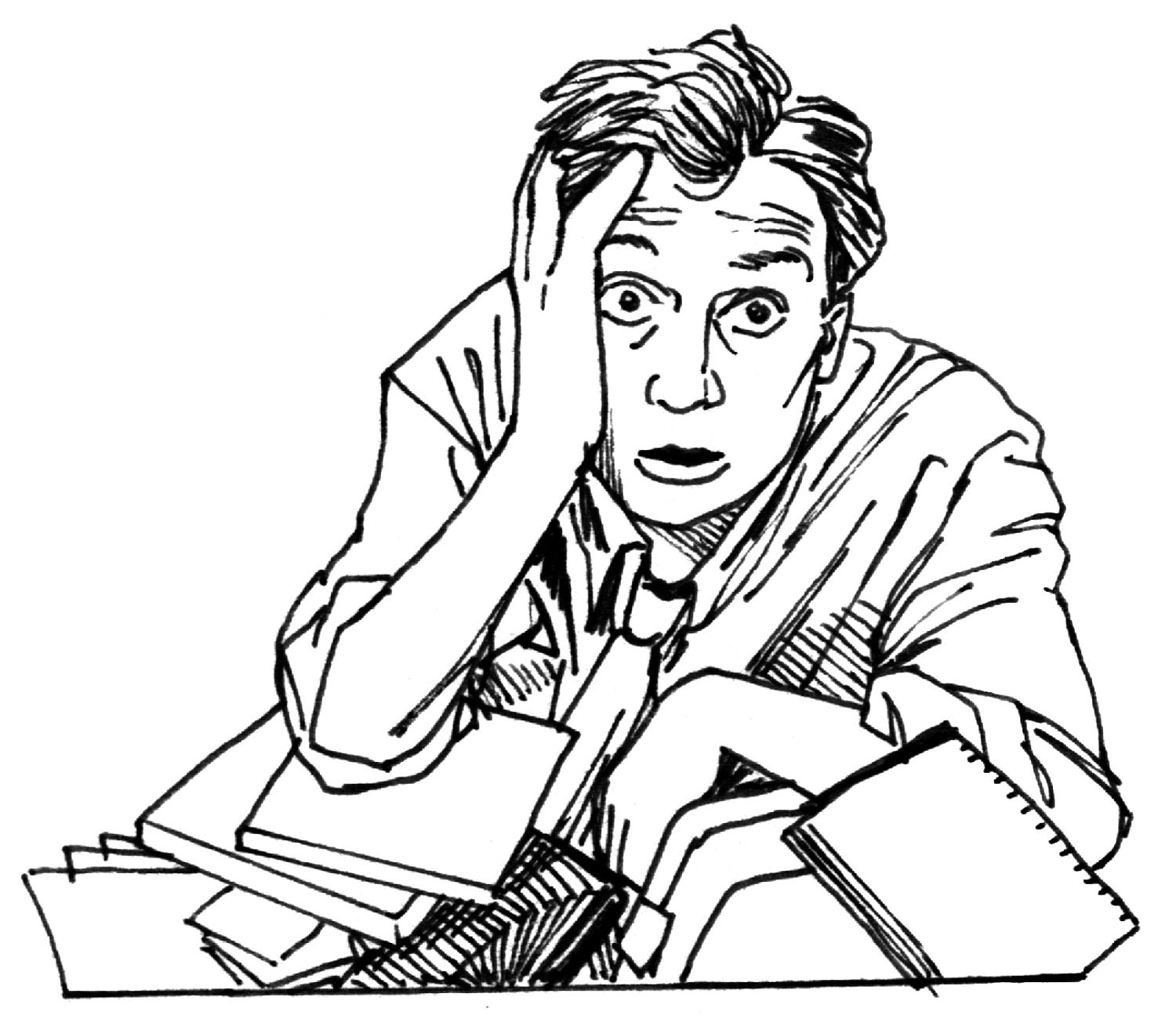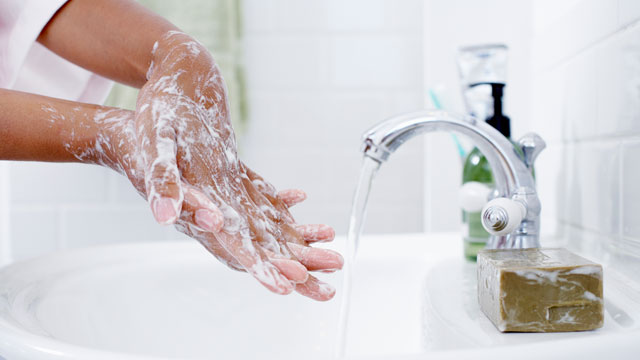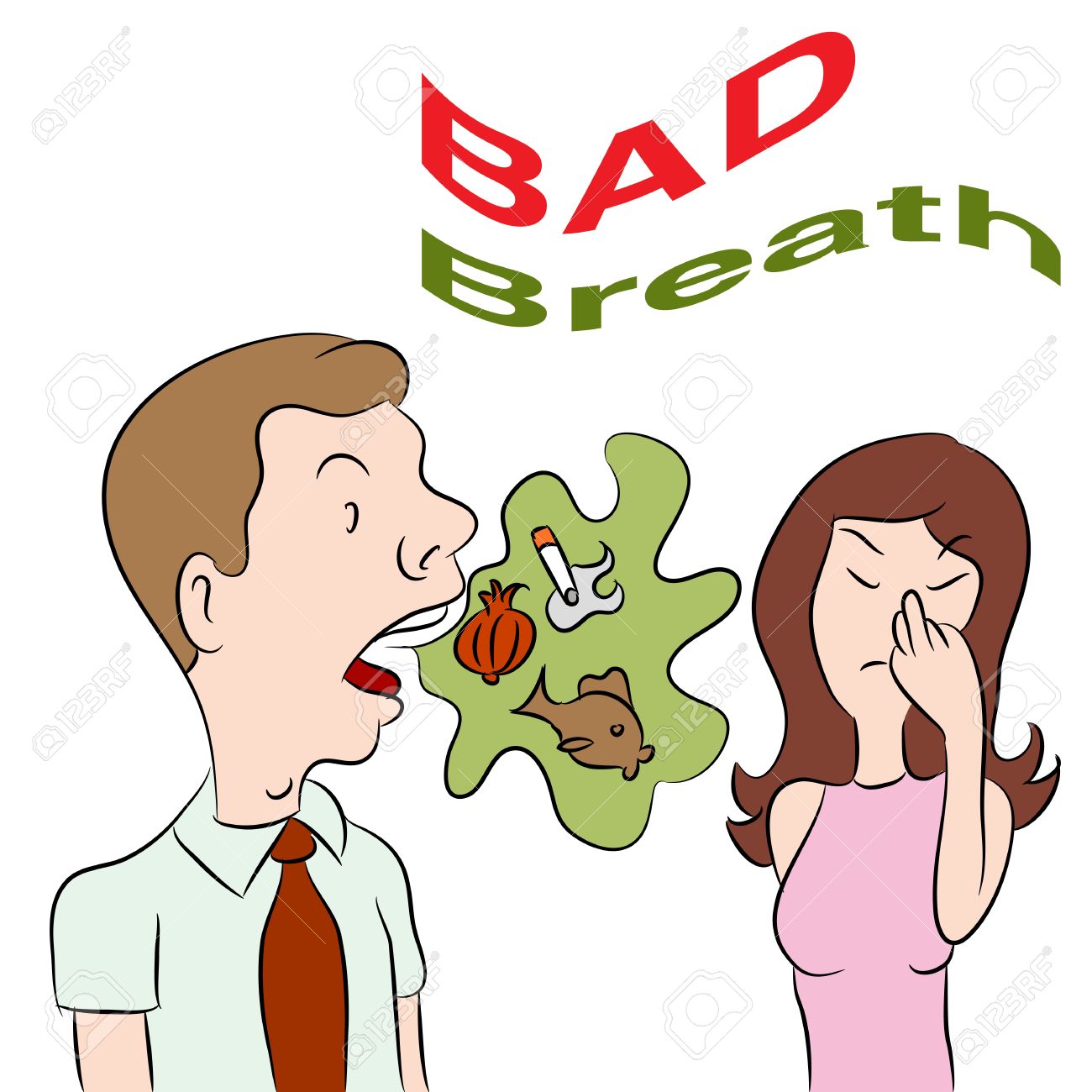 Stress is a normal part of everyday life and its almost unavoidable; it could be positive or negative but regardless it leaves an individual feeling emotionally and physically overwhelmed. Nevertheless positive stress is good as it can motivate you and help you become more productive while negative stress can be harmful and often leads to anxiety, mental and physical problems as well as decreased performance.
Stress is a normal part of everyday life and its almost unavoidable; it could be positive or negative but regardless it leaves an individual feeling emotionally and physically overwhelmed. Nevertheless positive stress is good as it can motivate you and help you become more productive while negative stress can be harmful and often leads to anxiety, mental and physical problems as well as decreased performance.Positive stress may arise from factors like starting a new job, having a child, holiday season, taking a vacation, planning an event, receiving a promotion at work, taking educational classes or learning a new hobby e.t.c. On the other hand, negative stress may arise from factors like excessive job demands, death of a loved one , separation from a spouse, conflicts in interpersonal relationships, hospitalization, unemployment, financial problems and many more.
18 Tips for managing stress effectively
- Start off your day with breakfast.
- Instead of drinking coffee all day, switch to fruit juice.
- Avoid trying to do multiple tasks at the same time.
- Learn to say NO. Stop trying to please everybody.
- Make time for relaxation and fun
- Develop a support network (family and friends).
- Always ask for help whenever you feel overwhelmed.
- Take a mindful walk and practice meditation regularly.
- Get regular exercises.
- Organize your work by setting priorities.
- Try to find something funny in a difficult situation.
- Go for vacation or special weekend getaway.
- Listen to music.
- Visit a spa regularly.
- Always appreciate and praise yourself at the end of every task performed.
- Reward yourself for every goal accomplished or targets met.
- Optimize your health with good nutrition, sleep and rest.
- Pray to God.
 Body Odor (popularly known as B.O) is a perceived unpleasant smell our bodies can produce when bacteria that lives on the skin break down sweat into acids.B.O becomes evident and pronounced if certain steps are not taken before or when an individual reaches puberty. B.O is more likely to occur in the groin, feet ,armpits, genitals, pubic hair and feet. The following are predisposing factors to B.O:
Body Odor (popularly known as B.O) is a perceived unpleasant smell our bodies can produce when bacteria that lives on the skin break down sweat into acids.B.O becomes evident and pronounced if certain steps are not taken before or when an individual reaches puberty. B.O is more likely to occur in the groin, feet ,armpits, genitals, pubic hair and feet. The following are predisposing factors to B.O:
 We spend a lot of time on our feet and our shoes are very close to the place where a large collection of sweat glands live under the feet,sweat gets into our shoes and then bacteria arrive and start to grow, thereby predisposing us to smelly feet. Bromodosis is the medical term for smelly feet and this condition can be quite embarrassing, however it can be treated with simple foot hygiene.
We spend a lot of time on our feet and our shoes are very close to the place where a large collection of sweat glands live under the feet,sweat gets into our shoes and then bacteria arrive and start to grow, thereby predisposing us to smelly feet. Bromodosis is the medical term for smelly feet and this condition can be quite embarrassing, however it can be treated with simple foot hygiene. Handwashing is the most important means of preventing the spread of germs as well as the best way to keep yourself from getting sick. Whenever your hands get in contact with germs, you can unknowingly become infected simply by touching your eyes, nose or mouth and once a member of the family becomes ill, it's usually just a matter of time before the whole family comes down with the same illness.
Handwashing is the most important means of preventing the spread of germs as well as the best way to keep yourself from getting sick. Whenever your hands get in contact with germs, you can unknowingly become infected simply by touching your eyes, nose or mouth and once a member of the family becomes ill, it's usually just a matter of time before the whole family comes down with the same illness.
 With the increasing need to work hard and even harder to earn a living, hustling has become a normal way of life, thus, making it more difficult to get enough rest let alone adequate sleep. Here is an overview of what rest and sleep connotes, factors influencing the quality and quantity of sleep, dangers of not getting enough sleep and ways of ensuring one gets enough sleep.
With the increasing need to work hard and even harder to earn a living, hustling has become a normal way of life, thus, making it more difficult to get enough rest let alone adequate sleep. Here is an overview of what rest and sleep connotes, factors influencing the quality and quantity of sleep, dangers of not getting enough sleep and ways of ensuring one gets enough sleep. Halitosis is popularly known as bad breath or foul smelling breath or breath that has unpleasant odor ,this odor can occur from time to time or it can be long lasting depending on the cause. It is usually caused by breakdown of food. Millions of bacteria live in the mouth particularly on the back of the tongue and when there is a build up of bacteria,toxins are released which make an individual's breath to smell. These bacteria are also responsible for tooth decay, gum disease e.t.c.
Halitosis is popularly known as bad breath or foul smelling breath or breath that has unpleasant odor ,this odor can occur from time to time or it can be long lasting depending on the cause. It is usually caused by breakdown of food. Millions of bacteria live in the mouth particularly on the back of the tongue and when there is a build up of bacteria,toxins are released which make an individual's breath to smell. These bacteria are also responsible for tooth decay, gum disease e.t.c. The period of pregnancy is no doubt usually an exciting period for the expecting mother as well as her partner.A woman's body changes during pregnancy(most of the time the changes are normal)and she might experience some minor disorders,inability to manage these disorders well may make this period very uncomfortable and frustrating for the woman.The minor disorders that can be experienced during pregnancy are numerous but below are 7 common disorders and useful tips on how to manage them easily.
The period of pregnancy is no doubt usually an exciting period for the expecting mother as well as her partner.A woman's body changes during pregnancy(most of the time the changes are normal)and she might experience some minor disorders,inability to manage these disorders well may make this period very uncomfortable and frustrating for the woman.The minor disorders that can be experienced during pregnancy are numerous but below are 7 common disorders and useful tips on how to manage them easily. So many of us dread our monthly periods because of the very obvious reason-menstrual pains/cramps. Menstrual pains are pains felt by a woman in the abdomen or pelvic area during her monthly periods and so this kind of pain is periodic in nature.These cramps are caused by uterine contractions and the contractions are further strengthened by prostaglandins which are chemicals released from the uterus.
So many of us dread our monthly periods because of the very obvious reason-menstrual pains/cramps. Menstrual pains are pains felt by a woman in the abdomen or pelvic area during her monthly periods and so this kind of pain is periodic in nature.These cramps are caused by uterine contractions and the contractions are further strengthened by prostaglandins which are chemicals released from the uterus. D
D


